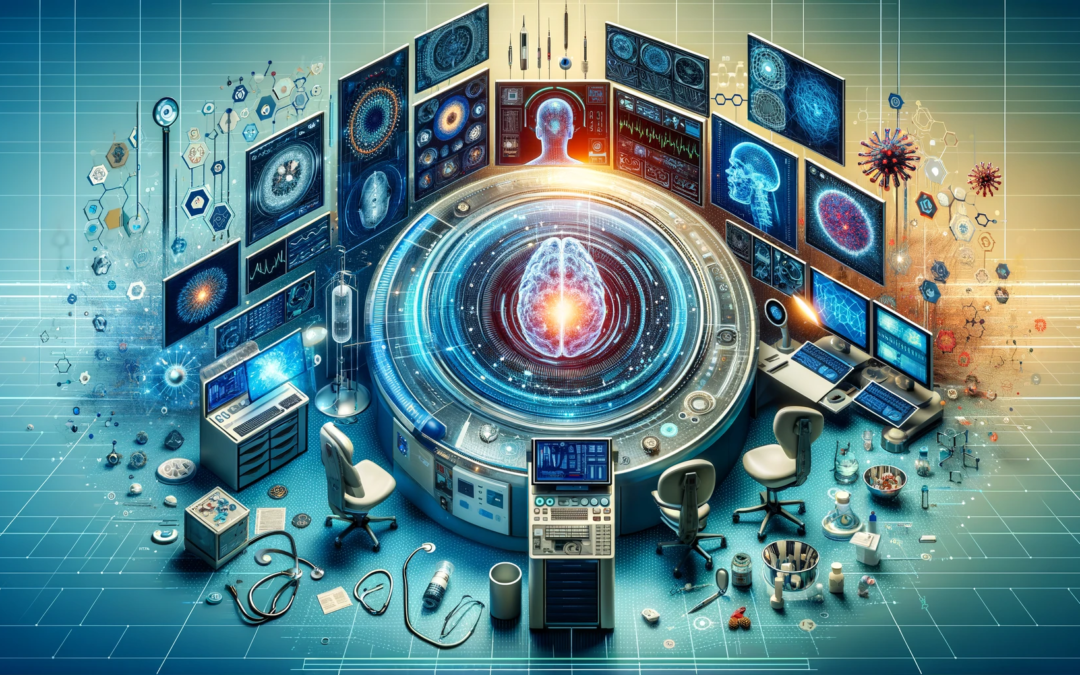
by Harold Fensky | Climate Change, Eco-Anxiety, Mental Health, Social Impact
In the frost-laden halls of the 2024 World Economic Forum in Davos, a discourse unfolded that resonated with the icy chill of the Swiss Alps yet blazed with a topic of global immediacy. The address by the Heritage President, a meld of foresight and prudence,...

by Harold Fensky | Fashion and Design, Mental Health, Policy and Regulation, Psychology, Social Impact, Societal Analysis
Understanding Decolorization: More Than a Visual Trend In the tapestry of modern society, a subtle yet profound trend has been emerging: the movement towards decolorization. This trend, extending beyond mere fashion or aesthetic choices, reflects a deeper shift in...

by Harold Fensky | Brain Computer Interface, Healthcare, Meditation and Mindfulness, Mental Health
Hemi-Sync, short for Hemispheric Synchronization, is a technology that aims to induce specific states of consciousness using binaural beat audio technology. Developed in the 1970s by Robert Monroe, Hemi-Sync has been used for various purposes, from relaxation and...

by Harold Fensky | Mental Health, Social Impact, Technology
Cell phones have become an integral part of our daily lives, offering convenience and connectivity at our fingertips. However, the increasing reliance on these devices has also given rise to a concerning phenomenon – cell phone addiction. This addiction,...

by Harold Fensky | Electromagnetic, Ethical Dilemmas, Ethics, Mental Health, Philosophical Perspectives, Showdown
Section 4: Ethical Implications and Societal Impact The exploration of electromagnetic energy’s influence on the human brain, while groundbreaking, raises a spectrum of ethical concerns and societal implications. The potential of this technology to affect mental...

by Harold Fensky | Health and Wellness, Healthcare, Mental Health, Showdown, Technological Breakthroughs
In today’s rapidly evolving healthcare landscape, medical diagnostics play a crucial role in identifying and treating diseases. However, the traditional methods of diagnosis often face challenges such as human error, lengthy processing times, and limited access...
















